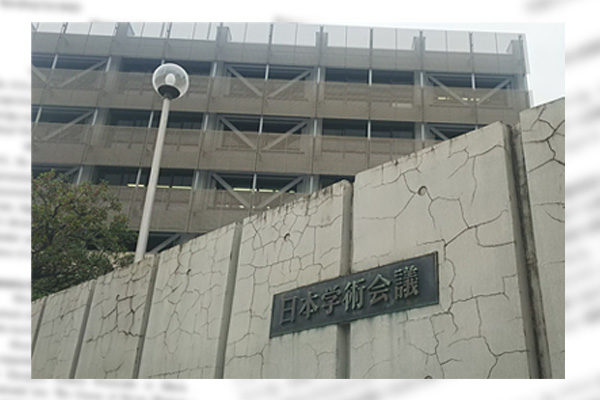My “Speaking Out” column titled “Science Council of Japan Should Protect Academic Freedom” on October 5 has received a great deal of response. As a follow-up, I would like to unveil a leftist organization that has effectively hijacked the SCJ and taken advantage of the SCJ’s power to sabotage defense studies in Japan.
The organization is the Japanese Coalition against Military Research in Academia, which was founded in September 2016 by groups and individuals opposing military research at universities. Its co-chief organizers include Satoru Ikeuchi, a professor emeritus at Nagoya University and one of the organizers of a group of scientists against the amendment of Article 9 of the Japanese Constitution, and psychiatrist Rika Kayama.
Pressure on Hokkaido University and SCJ
The Coalition’s 23rd newsletter (dated June 30, 2018) proudly introduced a report by Yoichi Anezaki, a professor emeritus at Hokkaido University and the representative of a Hokkaido academia group participating in the coalition, which said that the group saw as a problem the adoption of a Hokkaido University professor’s study for a subsidy from a security technology research promotion program of the Defense Ministry’s Acquisition, Technology & Logistics Agency, and repeatedly demanded a meeting with the Hokkaido University president, pressuring the university into withdrawing the study from the program. The Hokkaido academia group has opposed the 2015 peace and security legislation that approved Japan’s limited exercise of the right to collective self-defense.
The Coalition launched preparatory activities in October 2015 soon after the adoption judgement for the security technology research promotion program was announced. Of some 100 applications for subsidies under the program, nine were adopted, including four from universities. Other than the Hokkaido University, the application from the Toyohashi University of Technology, the president of which was then SCJ President Takashi Onishi, was also adopted. Thus, the Coalition began to exert pressure on the SCJ.
The Coalition asked universities throughout Japan and SCJ members to ban military research at universities. The SCJ created a panel in June 2016 to review past statements opposing military research. Some members of the Coalition observed meetings of the panel. At the sixth meeting of the panel in November 2016, the Coalition’s co-chief organizer Ikeuchi presented his opinion and grilled officials from the Defense Ministry agency. The panel rejected then SCJ President Onishi’s opinion supporting studies for defense purpose, leading the SCJ to issue a new statement clarifying its opposition to military research on March 24, 2017,
Groups denying academic freedom
Under the banner of the SCJ statement, the Coalition and some other leftist groups jointly exerted pressure on the heads of more than 50 universities and research institutes throughout the country to cancel studies funded by the Defense Ministry. This means that the SCJ statement in coordination with the groups attempting to deprive Japanese universities of academic freedom exercised pressure along with such media organizations as Japan Broadcasting Corp. known as NHK, the Asahi Shimbun, Hokkaido Shimbun and Akahata, official organ of the Japan Communist Party.
In 2015, the SCJ signed a memorandum for cooperation with the China Association for Science and Technology that includes researchers from the Beijing University of Aeronautics & Astronautics and the Harbin Institute of Technology that are listed by the Japanese Ministry of Economy, Trade and Industry as research institutions for weapons of mass destruction in regard to the Export Trade Control Order. Why doesn’t the SCJ call for ceasing to cooperate with such institutions that conduct military research?
Tadashi Narabayashi is a professor emeritus at Hokkaido University and a director at the Japan Institute for National Fundamentals.


